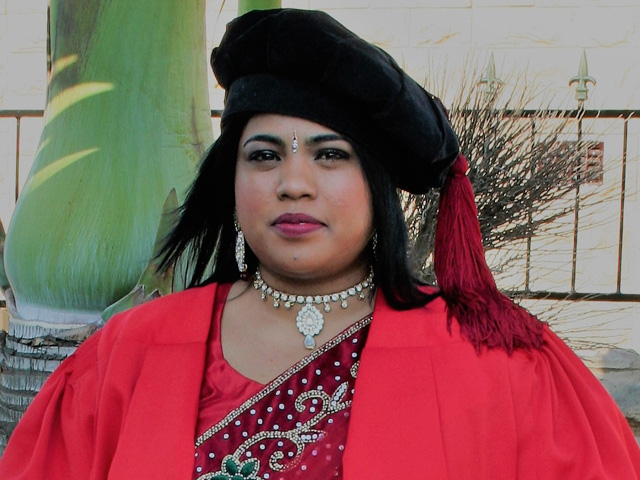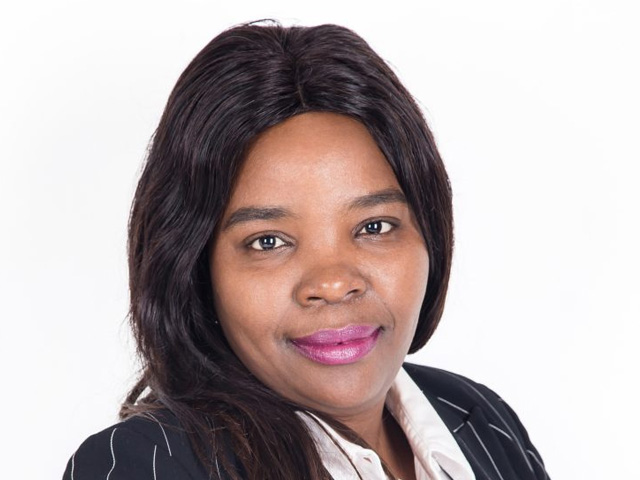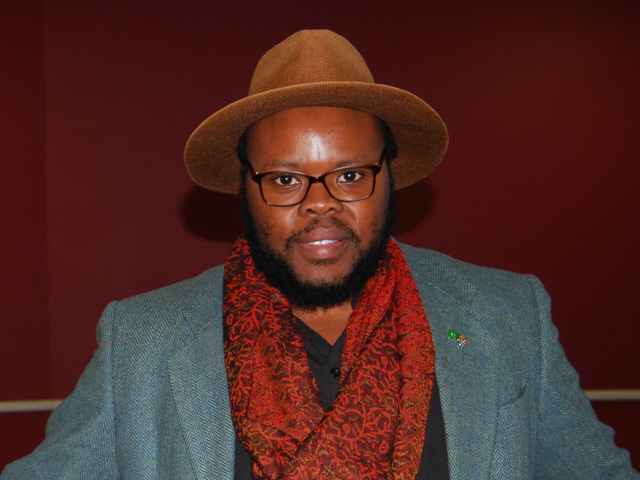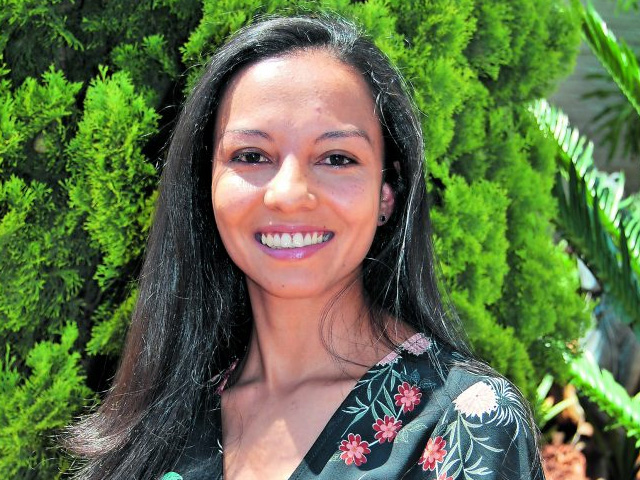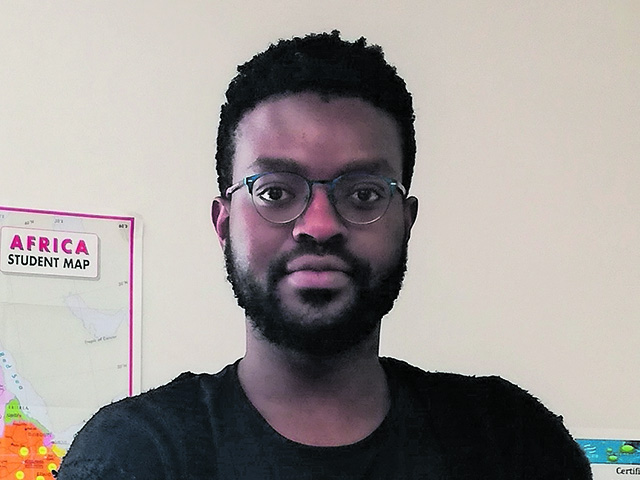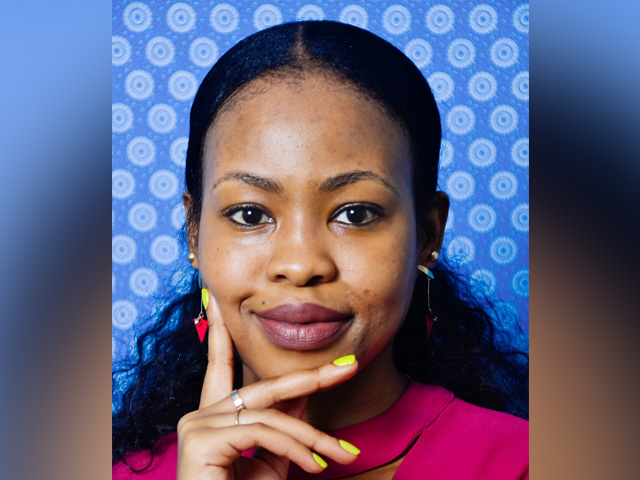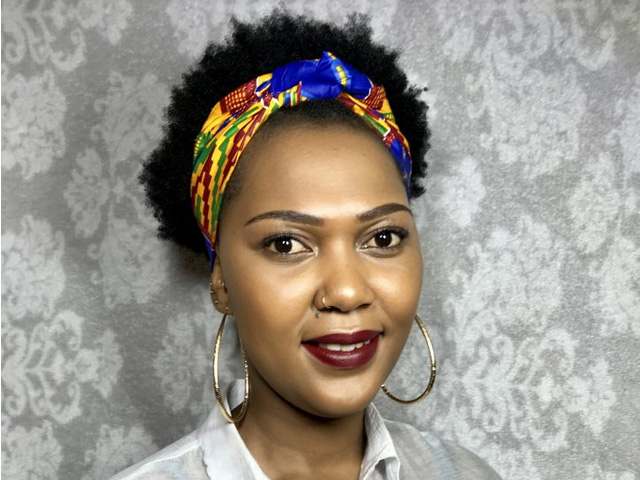With the world moving towards using knowledge, innovation and inventions as critical drivers of economic growth and development, there is an increasing need for competitiveness in knowledge generation.
As centre manager for the Department of Science and Technology-National Research Foundation (DST-NRF) Centre of Excellence in Human Development at Wits University, Lethu Kapueja believes it is important to maintain indispensable skills to conduct and manage research activities and put in place institutional support structures that increase competitiveness amongst researchers.
Kapueja, who leads a team that supports the centre’s director in building a thriving and robust research culture, has been an active member of the Southern African Research and Innovation Management Association (Sarima) since 2014, and is involved in the development of Sarima’s Professional Competency Framework. The centre functions as a hub for research collaboration and funding on all aspects of human development.
Passionate about social justice, inspired by truth, and challenged by greatness, he sees his work in the education and training sector neatly placed in an environment that is dynamic and flourishing.
“Working within a higher education and training environment, my primary role is to support the researchers in the centre by easing their pursuit of research grants and research projects,” says Kapueja.
“I ensure that research funds are used in accordance with international best practice. I also promote research through creative ways of communicating it to academic communities and the general public. This endeavour promotes the knowledge as well as the knowledge producer and the profile of the centre and funders.”
The programme also sees Kapueja promoting capacity development of people from previously disadvantaged groups.
“Such development helps to build South Africa’s capacity to generate knowledge that is relevant locally yet competitive globally. It is also a task that brings me great pleasure, seeing the various possibilities these groups, in particular black women, are afforded through our direct involvement.” — Linda Doke

